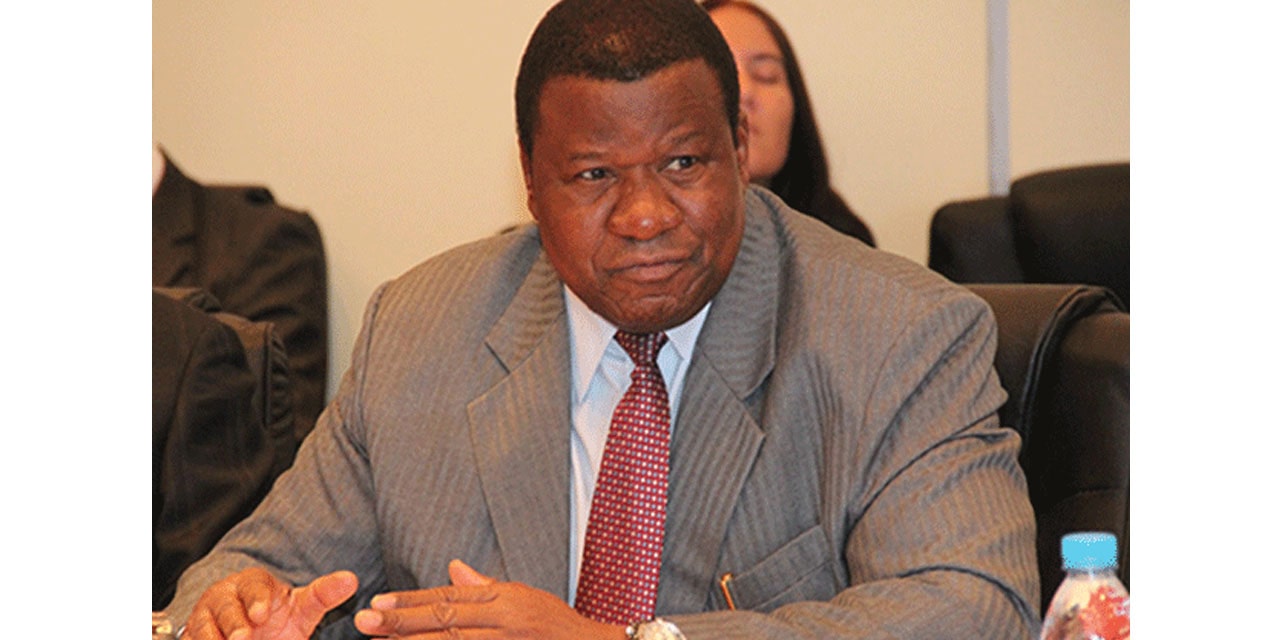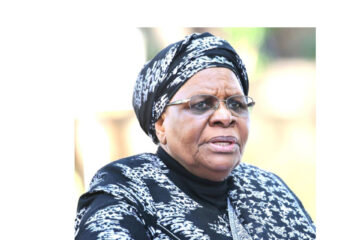Niël Terblanché
In a decisive effort to bolster and advance regional trade and connectivity, Namibia and Botswana are moving closer to the realization of the Trans-Kalahari Railway project.
This ambitious initiative aims to create a direct rail link between the Port of Walvis Bay and Botswana, extending further to the Southern African Development Community (SADC) region.
The project was discussed during a recent Joint Ministerial Committee Meeting in Swakopmund.
The meeting was attended by Namibia’s Minister of Works and Transport, John Mutorwa, and his counterpart from Botswana, Eric Molale.
The railway line, envisioned to stretch approximately 1,500 kilometres, is designed to facilitate the seamless movement of goods and bolster trade within the SADC region.
By leveraging the strategic position of the Port of Walvis Bay, the project aims to offer a more efficient and cost-effective route for cargo destined for Botswana and beyond, thereby enhancing the economic integration of southern Africa.
The Trans-Kalahari Railway is set to be implemented through a develop, operate, and transfer (DOT) model.
This approach allows private investors to recoup their investments over time, making the project more attractive to potential financiers.
To date, at least 13 companies have expressed their interest in participating in this monumental project, with a preference for investors from Namibia and Botswana to foster local economic development and ensure mutual benefits.
The railway is planned to run alongside the existing Trans-Kalahari Corridor, a road connection that already plays a crucial role in regional trade.
This corridor and others have successfully linked landlocked countries to the Namibian coast, and the addition of a railway line is expected to further enhance its utility by accommodating larger volumes of cargo and reducing transportation costs.
During the meeting, Minister Mutorwa emphasized the progress made since the signing of the initial agreement a decade ago.
According to Mutorwa, notable achievements include the establishment of a project coordination office in Windhoek, which reiterates the commitment of both nations to bring this project to fruition.
Minister Molale pointed to the project’s alignment with the goals of the Africa Continental Free Trade Area Initiative and the SADC’s Regional Integration Plans while stressing its potential to significantly contribute to the continent’s economic growth.
Botswana’s existing dry port facilities in Walvis Bay stand to gain considerably from the railway, facilitating the movement of goods into the heart of southern Africa.
This development is eagerly anticipated by businesses and industries that rely on efficient logistics and supply chain operations.
The Trans-Kalahari Railway project, once realized will be a giant leap forward in regional infrastructure development.
According to the two transport ministers, the project promises to enhance Namibia and Botswana’s positions as key players in African trade and logistics and it will introduce a new era of economic opportunities and connectivity for the SADC region, driving forward the vision of a more integrated and prosperous Africa.




